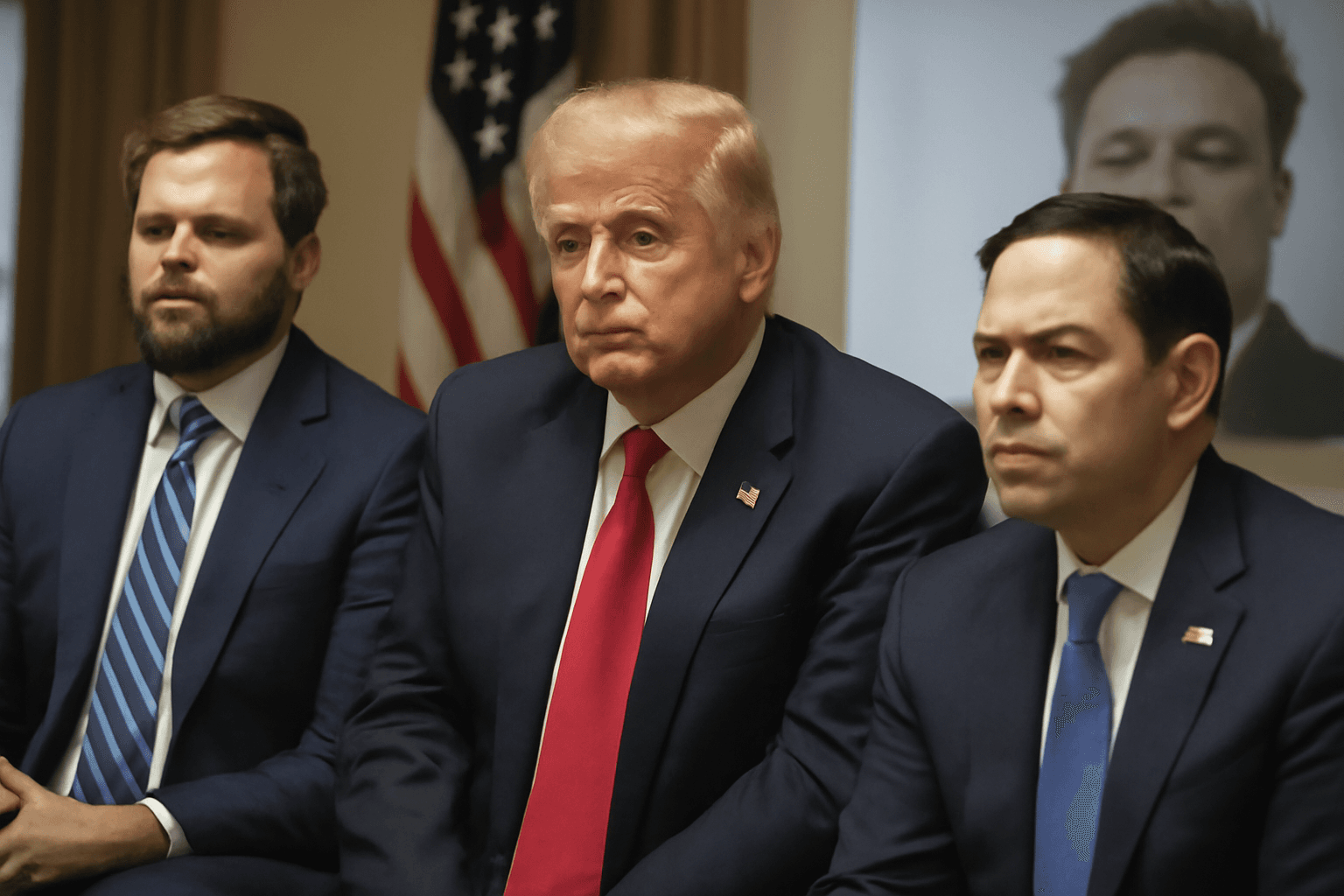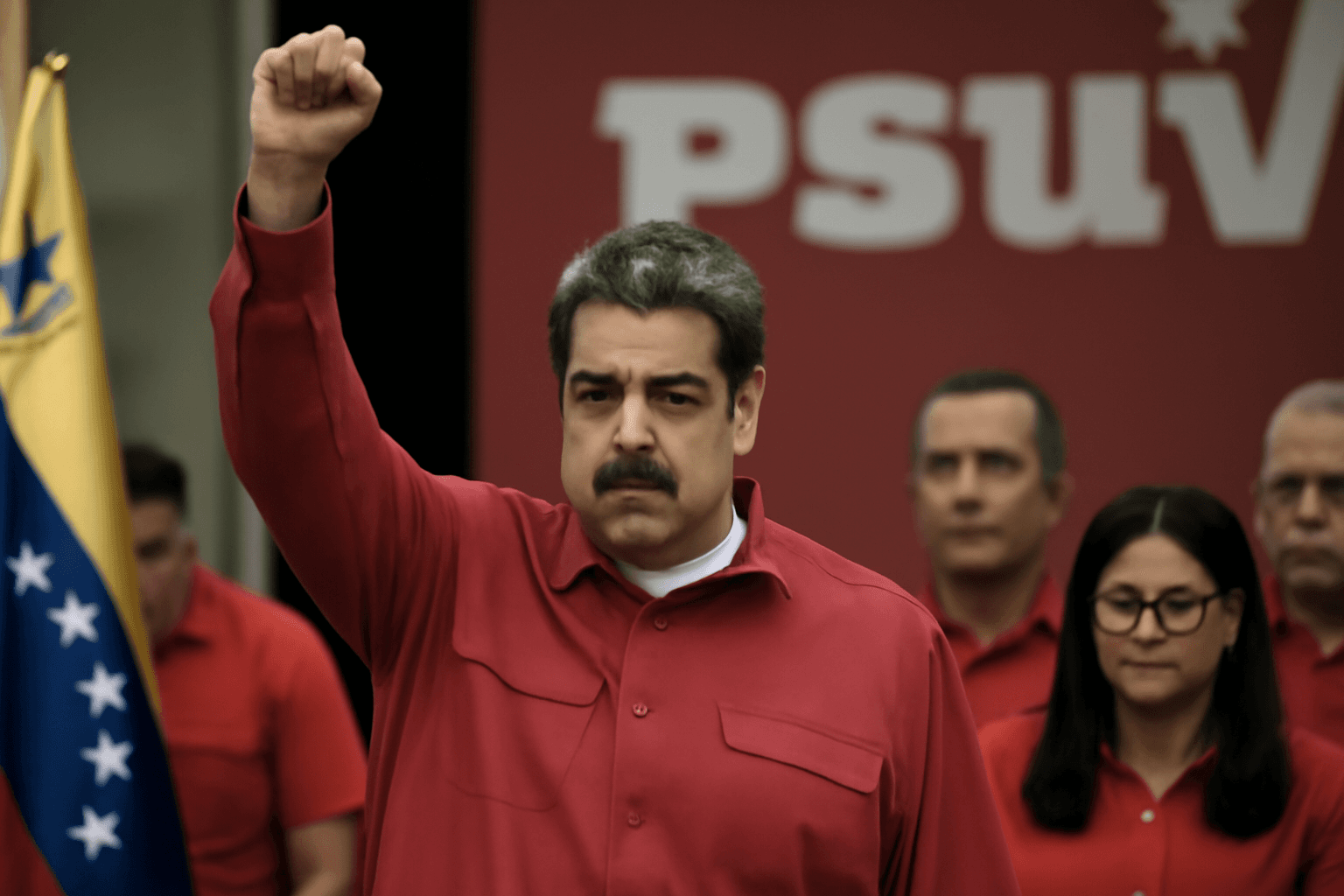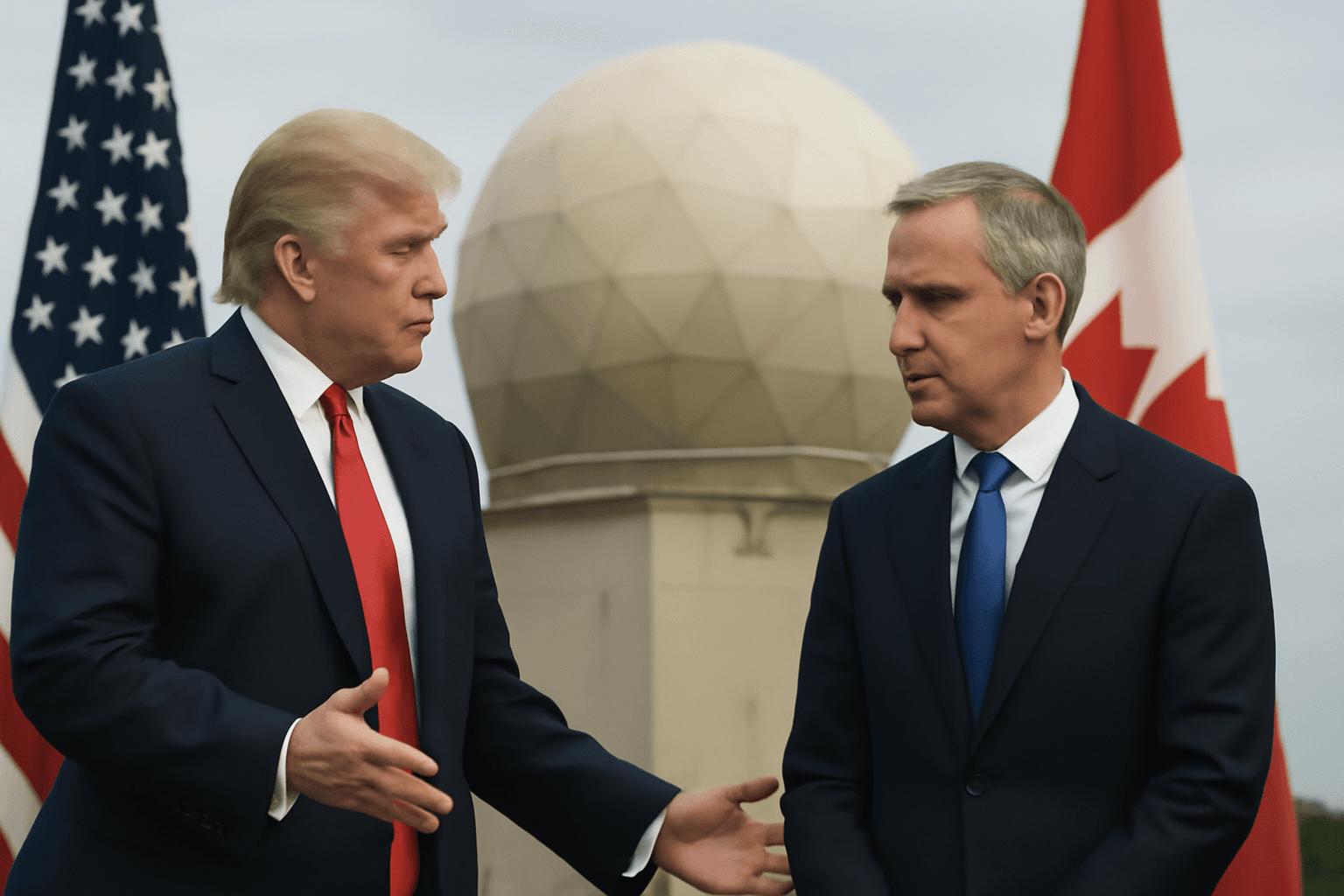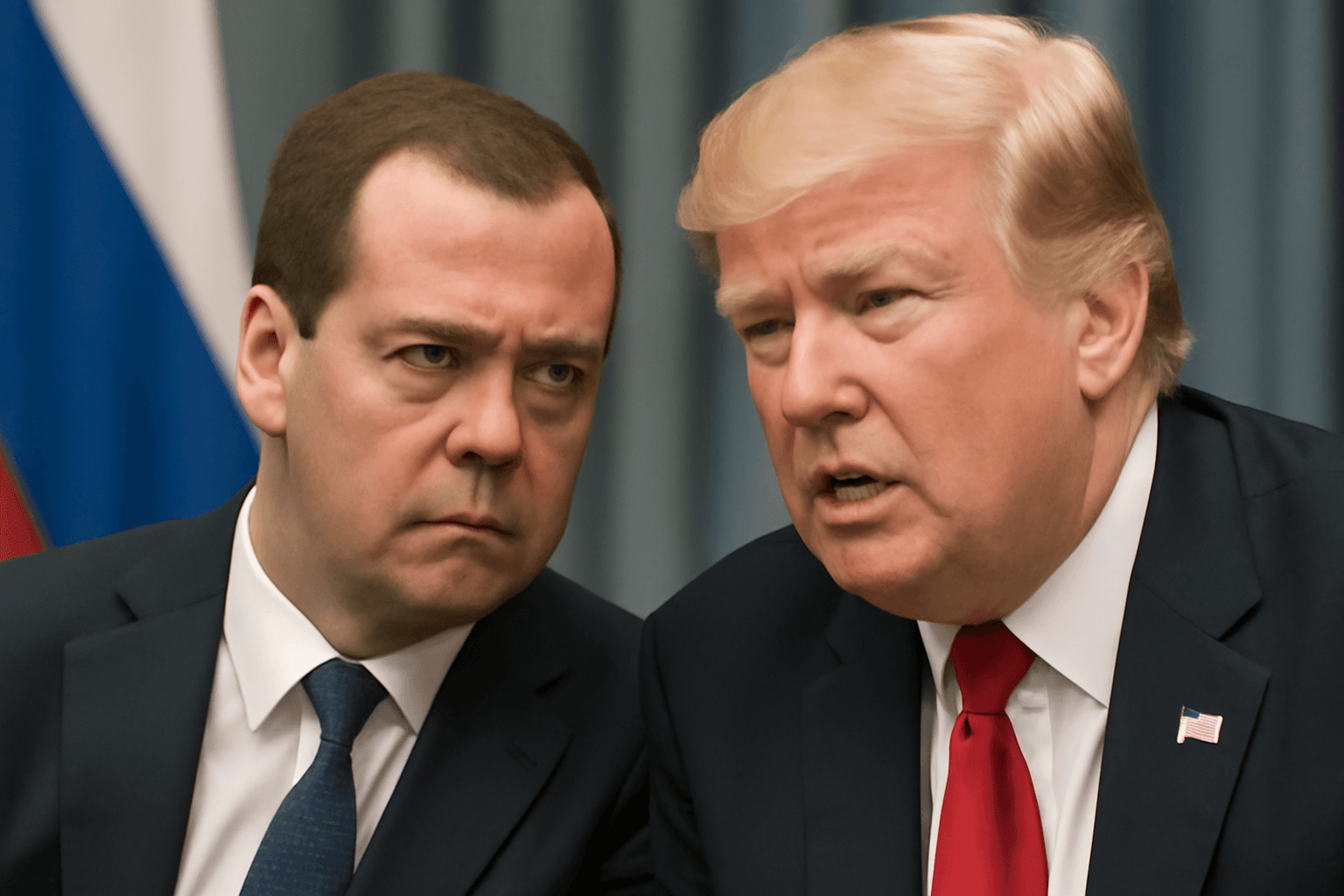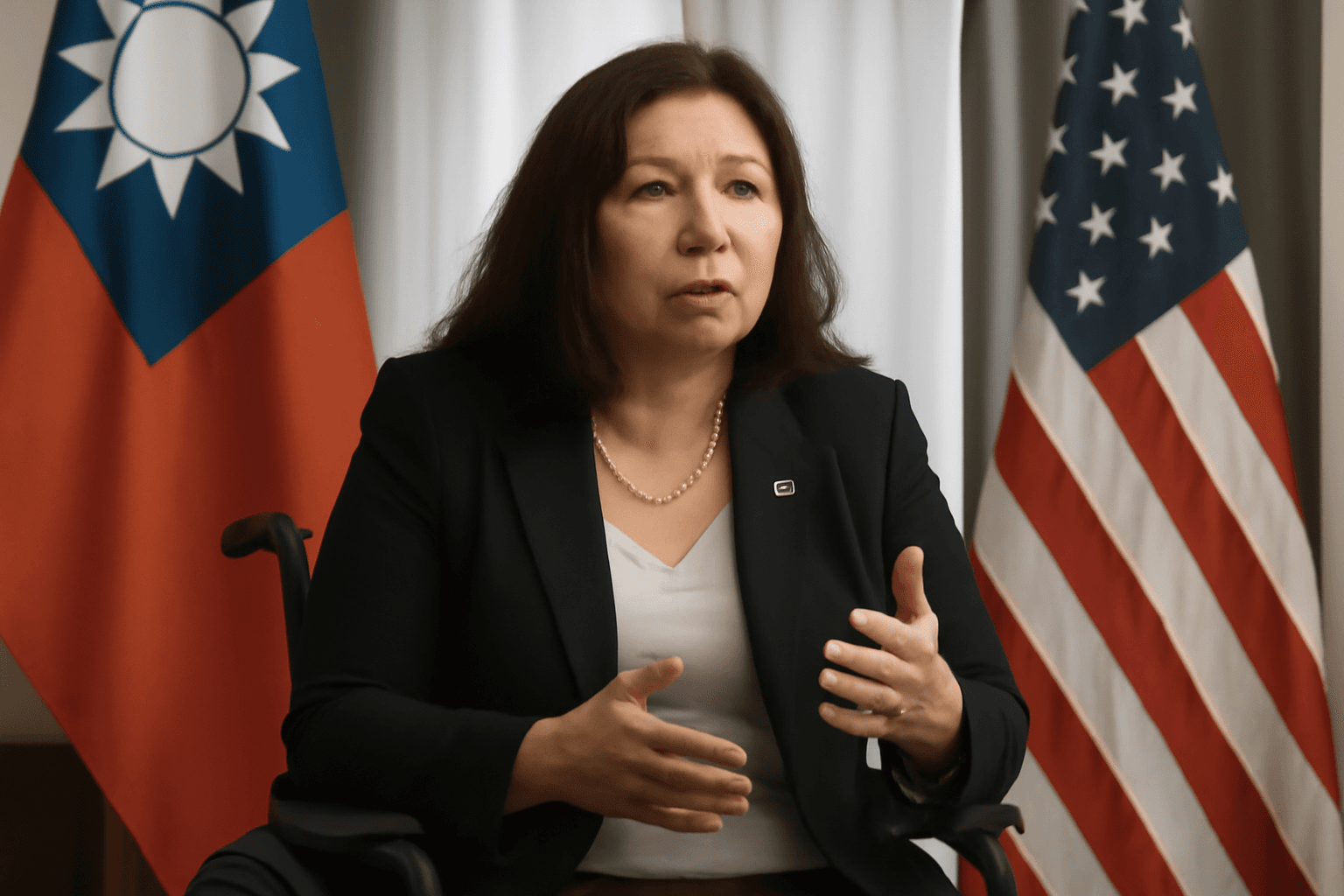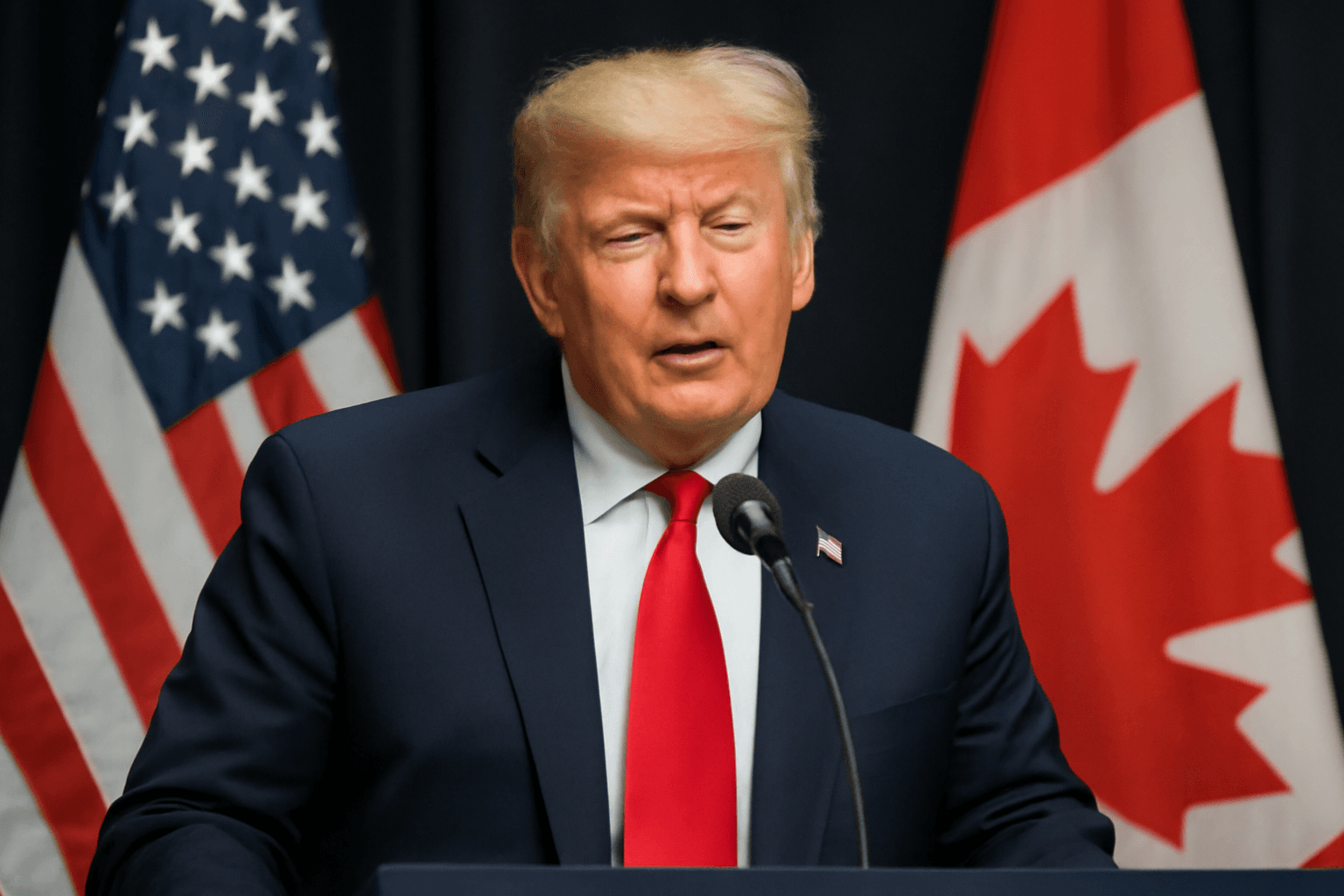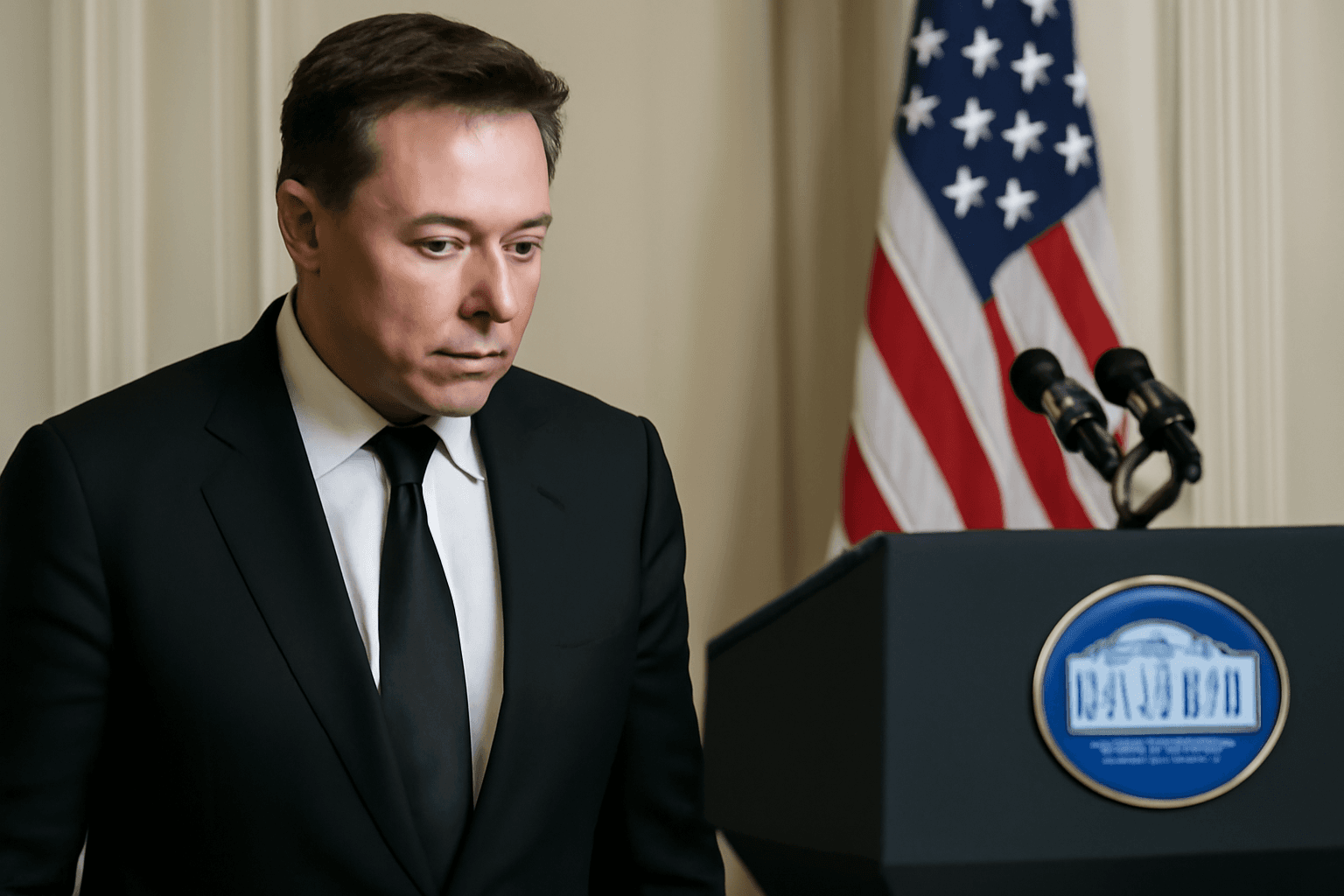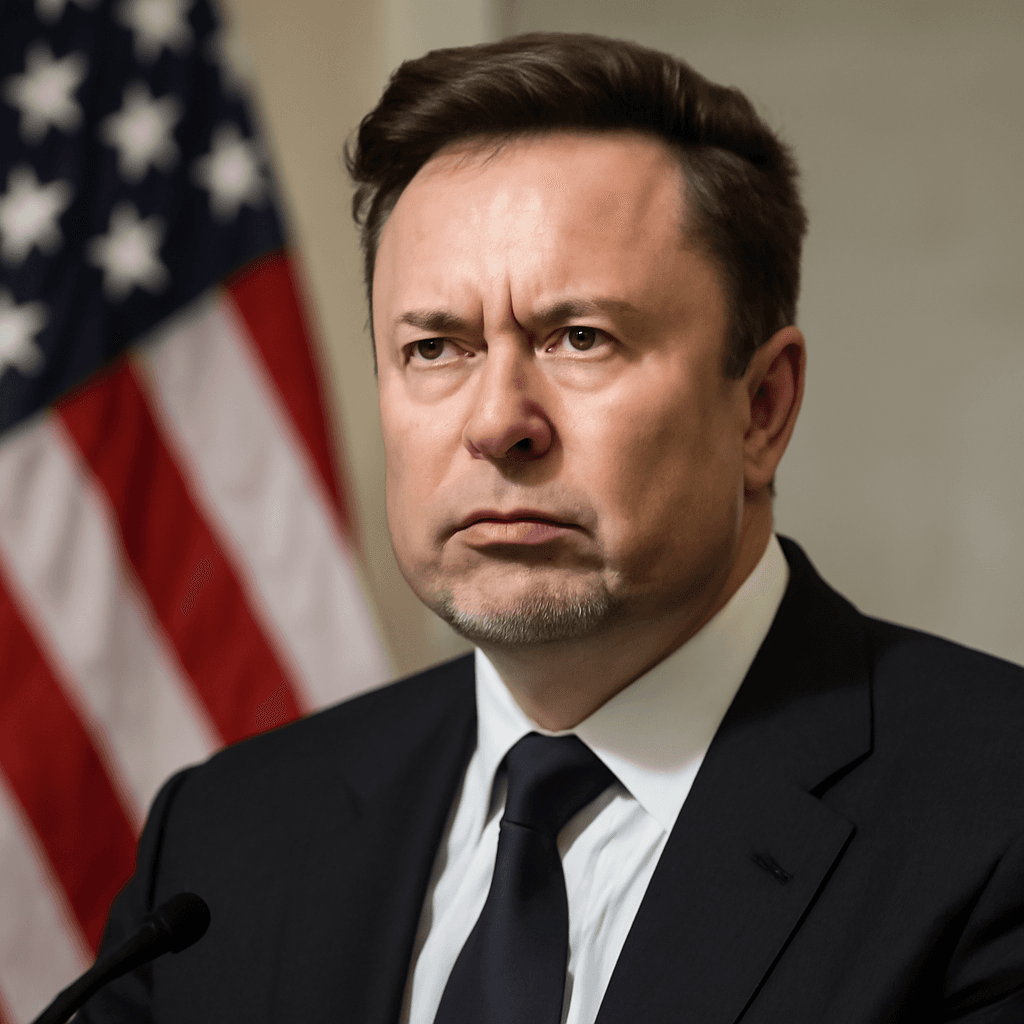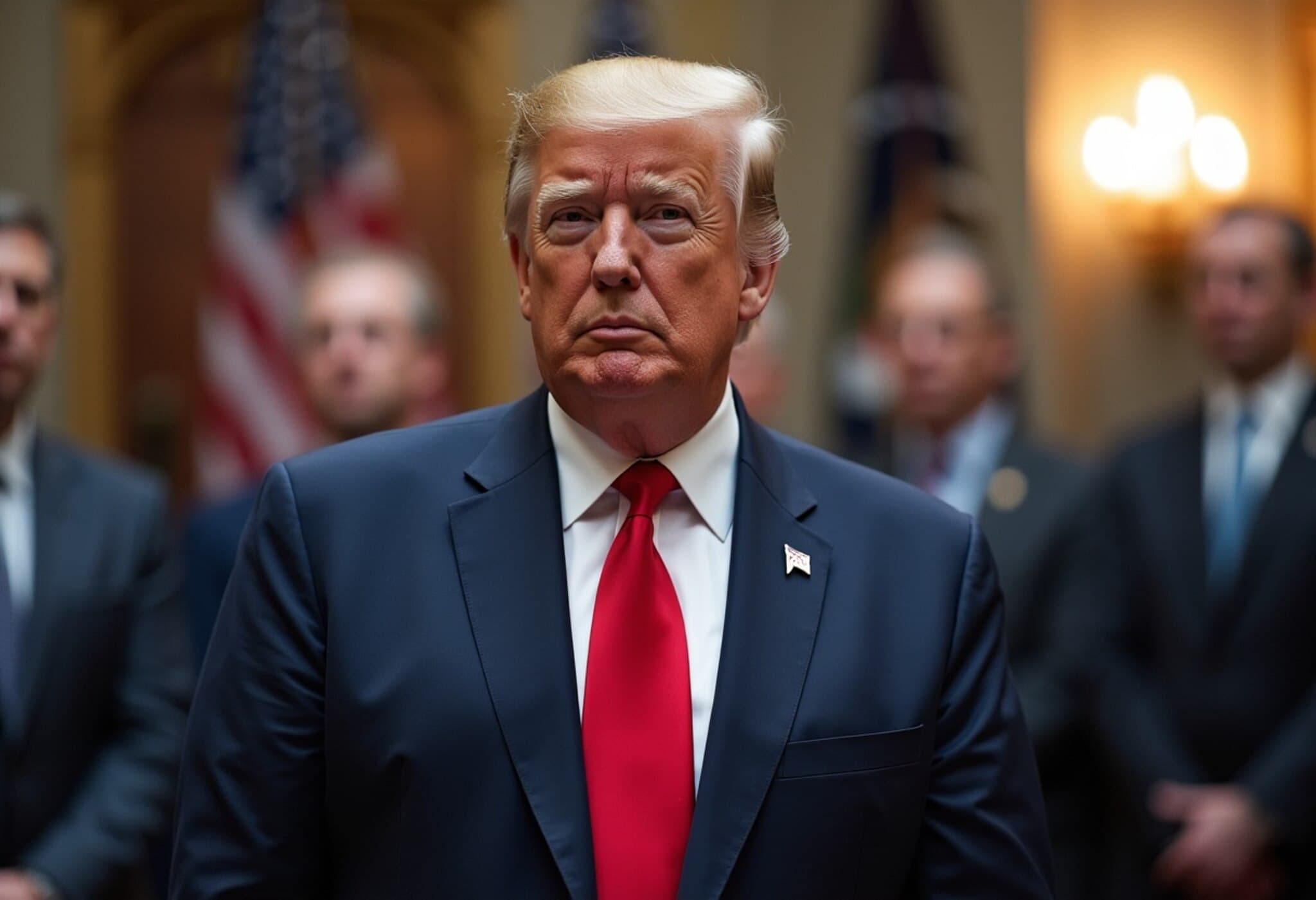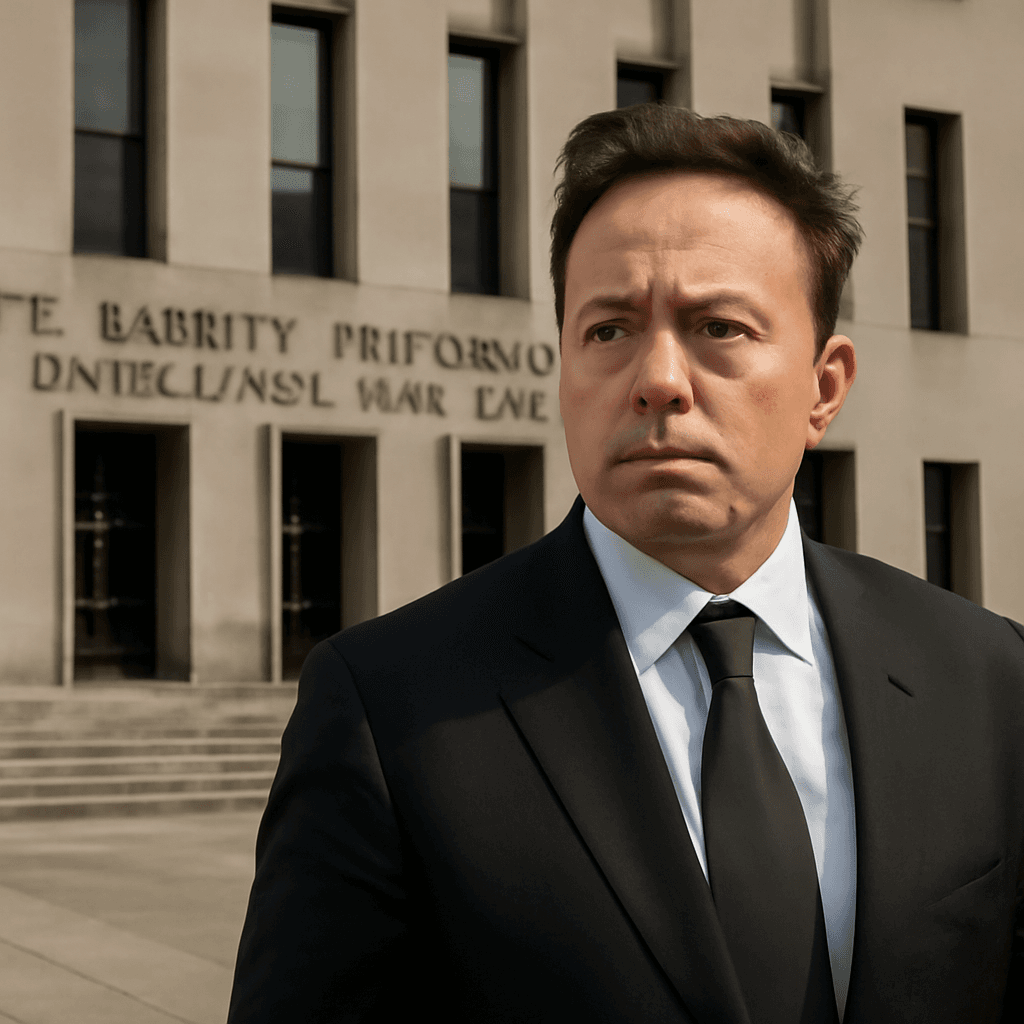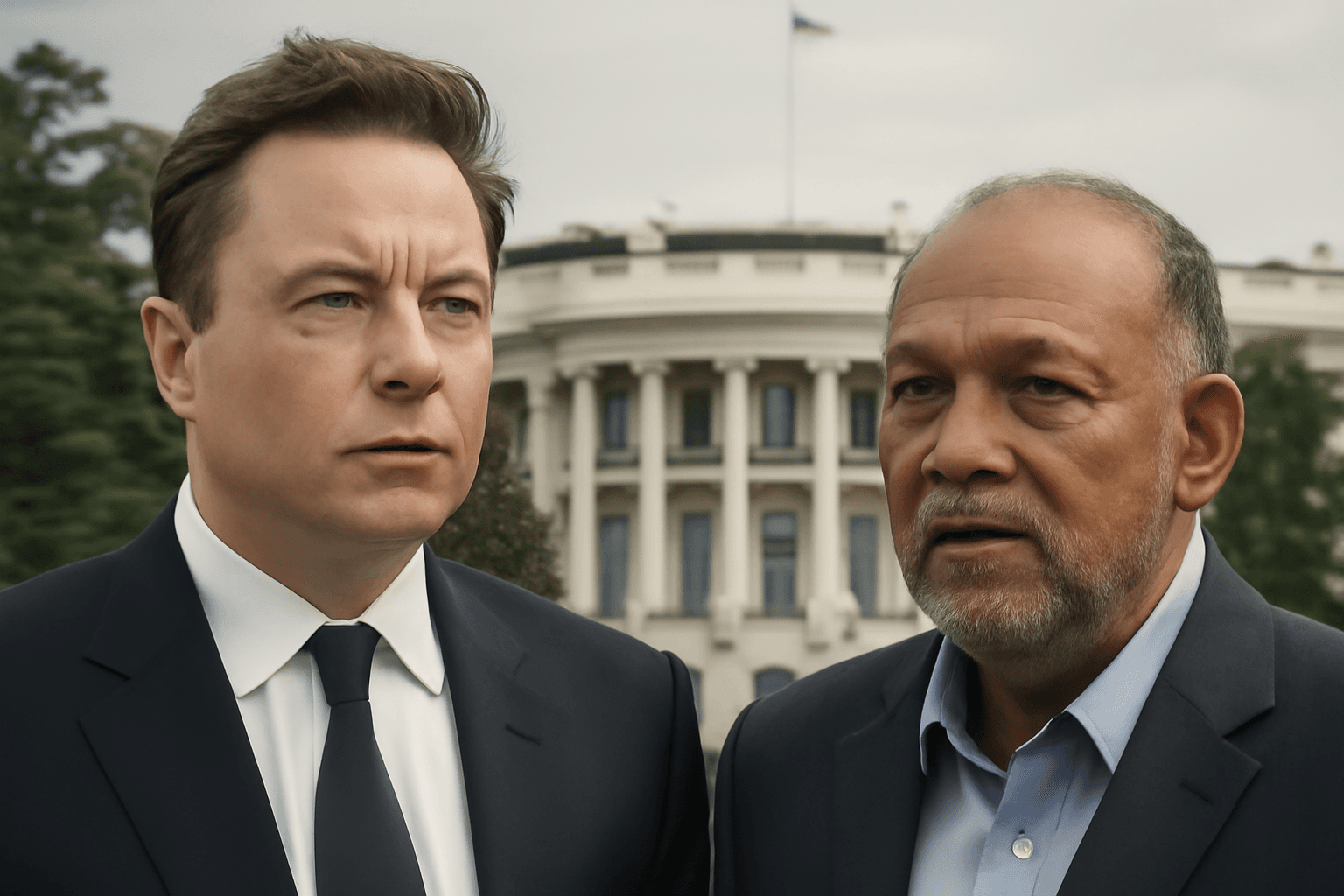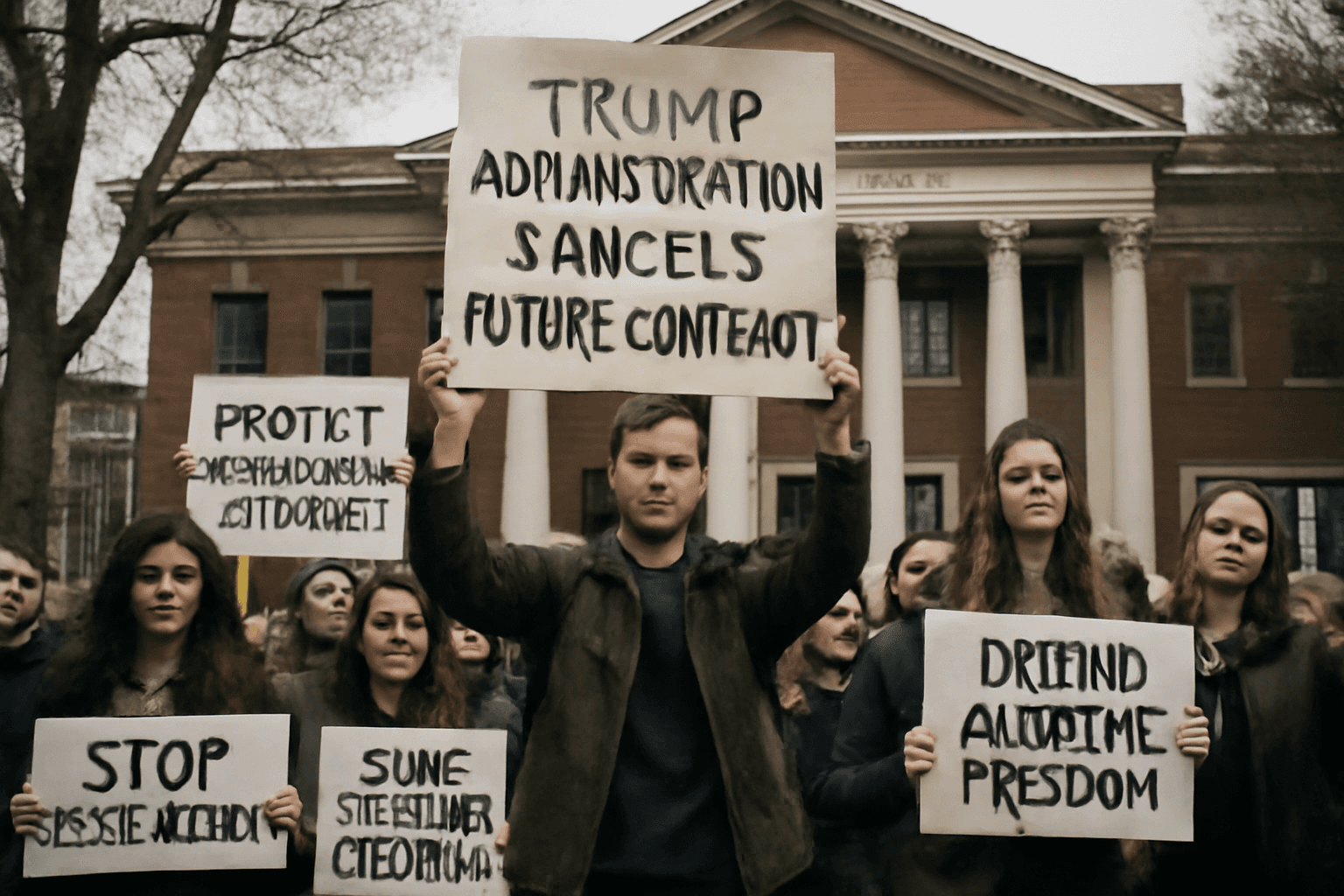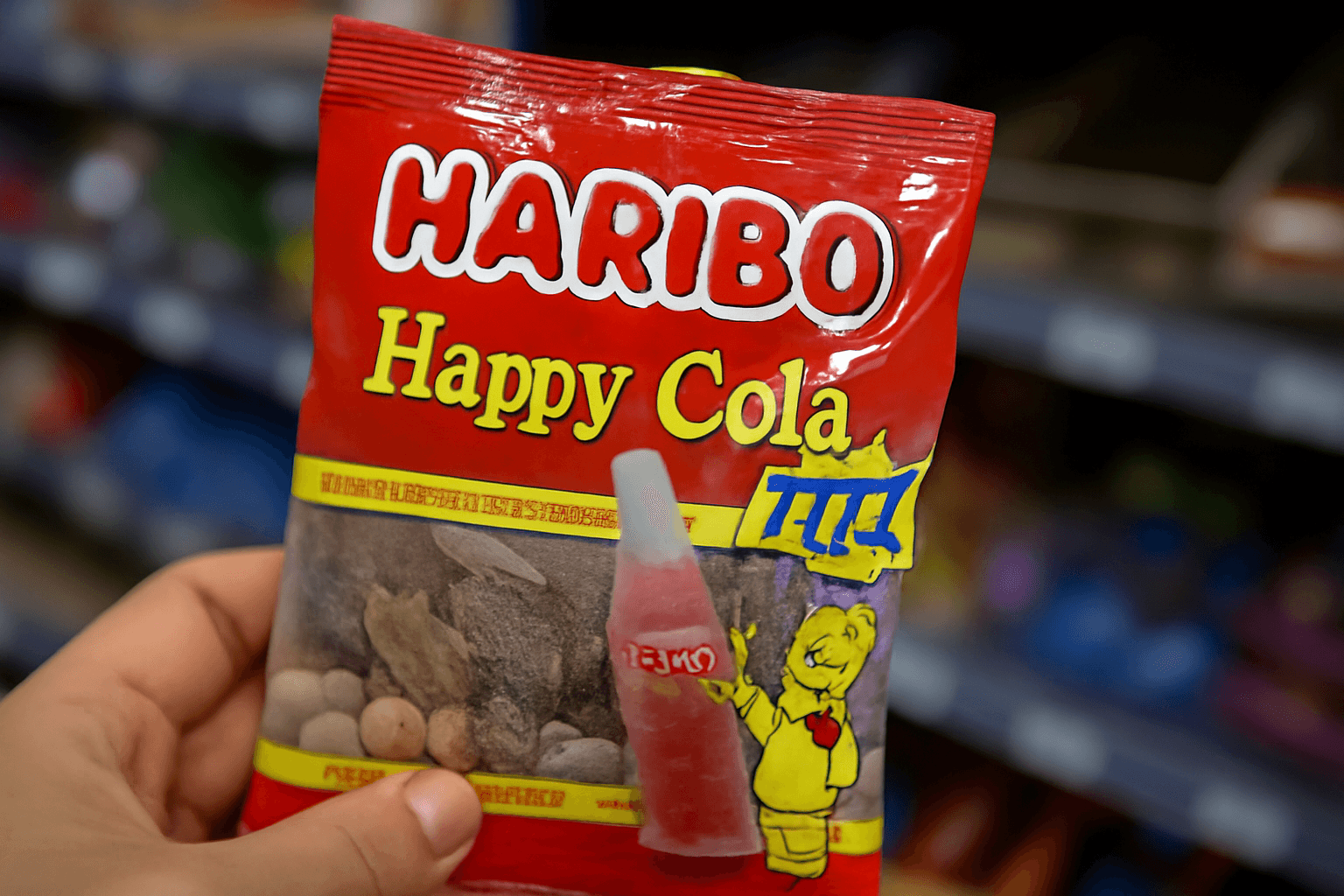The Trump administration has taken a firm stance defending Germany's far-right political party, Alternative for Germany (AfD), which German intelligence has labeled as a "proven right-wing extremist organization." The AfD, known for leaders who have echoed Nazi slogans and downplayed the Holocaust, has seen rising popularity despite these allegations.
Vice President JD Vance and Secretary of State Marco Rubio have criticized the German government's efforts to isolate and investigate the AfD, arguing that such measures constitute undemocratic persecution. Vance stated in an interview from Rome that using state institutions like the military, police, and intelligence to delegitimize a political party that placed second in recent elections is highly dangerous.
Billionaire Elon Musk, a Trump ally, has publicly supported the AfD, tweeting in December, "Only the AfD can save Germany," emphasizing the party's growing influence ahead of the February elections. Musk also appeared via video during an AfD election campaign event in January 2025.
Reinforcing this perspective, the State Department, led by Rubio, condemned Germany's labeling of the AfD as extremist. Senior adviser Samuel Samson criticized Germany's expansive censorship and monitoring of online speech, suggesting such tactics resemble those used against Trump and his supporters. Samson warned that Europe's democratic backsliding threatens not only European citizens but also American security, economic ties, and free speech.
At the Munich Security Conference, Vance underscored similar concerns, chastising German leaders for excluding AfD from governing coalitions despite the party's electoral success. During his visit to Germany, Vance met with Chancellor Friedrich Merz and AfD co-chair Tino Chrupalla.
While the AfD denies extremist allegations and has challenged the intelligence agency's recent designation in court, the German Federal Office for the Protection of the Constitution declined to comment due to ongoing litigation.
The AfD, founded in 2013 initially as an anti-European Union party, evolved to adopt sharply anti-immigrant rhetoric. It has attracted controversy for using slogans and imagery perceived as Islamophobic and for leaders minimizing Nazi crimes. Notably, some party figures have been legally found guilty of promoting Nazi rhetoric, though some have appealed these rulings.
Musk's involvement and rhetoric have intensified scrutiny of the AfD. His dismissal of Germany’s focus on Nazi-era guilt and gestures reminiscent of Nazi salutes at political rallies have drawn significant criticism.
In its May 2025 classification of the AfD as extremist, German intelligence noted the party's intent to exclude certain groups from societal participation, particularly Germans with Muslim migration backgrounds.
Trump’s National Security Adviser, Jake Sullivan, criticized Germany's decision as tyrannical. Vance echoed this, accusing German bureaucrats of suppressing the most popular party in East Germany, thereby metaphorically "rebuilding the Berlin Wall." He argued that repressing opposing views only endows them with a "mystical power," advocating for open debate to confront extremist ideas.
Although Vance does not endorse the AfD, he defends democratic principles that oppose using state power to silence political rivals. His position reflects a broader Trump administration narrative about defending free speech amid ongoing controversies over political discourse and justice department actions in the United States.

